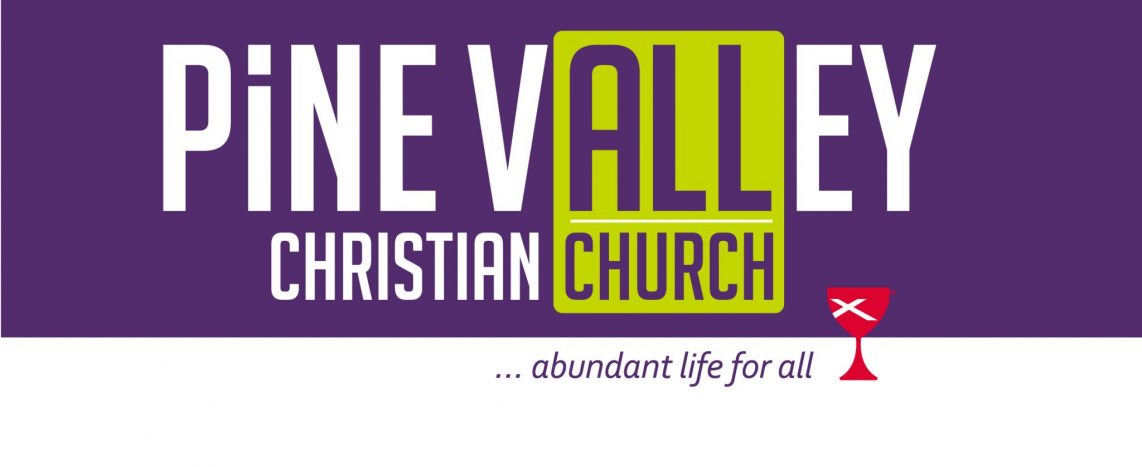“Living Beyond Our Limits”
This is both Pentecost Sunday and Memorial Day weekend. I am glad that this year these two important events are aligned. We need both of them. I hope that some of us, most of us, maybe all of us have brought stories about people we would like to remember and honor today. Maybe you have a picture, a flower, or a word, a short story you would like to share. I hope so. To help us prepare for this time of sharing personal stories, I want to say a word about Pentecost.
Many of us have heard the story of Pentecost so often we wonder if there is anything new to say about the tongues of fire, the people hearing the message in their own language, the doubters who ask if everyone isn’t drunk, and then Peter stands up and preaches this powerful sermon. He is such a sign of hope for us. This is the same guy who not long ago denied that he ever knew Jesus, he deserted him, refused to acknowledge him, but now here he is standing up before an assembly of people most of whom he doesn’t even know telling the story about how the love of one person changed his life. It’s a once I did not know love, but now I know love, and here’s my story. That’s what Peter’s Pentecost sermon is about.
And that really is what Memorial Day is about. On Memorial Day we remember and honor veterans, yes. In the early days of my ministry I can remember on Memorial Day in our little town we all assembled, I guess at city hall, it’s been so long I’m not sure, but there was a band and we had a parade and we went to the park, I think, had a ceremony. It was a community event. And it was nice, it was good. The other day Sally and I bought some poppies. I can hear my mother reciting the poem by John McCrae,
In Flanders fields where poppies blow,
between the crosses, row on row,
That mark our place, and in the sky
The larks, still bravely singing, fly
Scarce heard amid the guns below
That poem is not about glorifying war, but about having the courage to love, to quarrel with the foe. McCrae says, “The torch be yours to hold it high.” He’s talking about the torch of love. These days we need people with the courage to fight the foe, and hold the torch of love high.
I saw an old Peanuts cartoon recently. Charley Brown is talking to a friend and holding up his new library card, He says, “Here’s my citizenship to the world of knowledge.” We need people who will claim this citizenship, because there are governors and legislators who are banning books and defunding public libraries. We need people who will stand up for members of the GLBT community because there are politicians who are eager to criminalize them. We need people who will campaign to protect providers of women’s health care, and people who will simply love for the earth and the beauty of this small planet. This is Pentecost season.
We are facing a rising tide of state-sponsored censorship, intolerance, and discrimination. Amanda Gorman wrote in her poem, The Hill We Climb, “history has its eyes on us.” We cannot be silent when people are banning the reading of this poem and others in public.
In the story of Pentecost, people heard the message of the gospel in their own language. More than 100 languages and dialects are spoken in Wichita public schools. Beyond that there is the language of emojis, and internet speak, and sign language, and the language of touch, of being physically present to each other. I heard a report this week that some young people, and no doubt others, spend an average of three or three and one-half hours a day on social media. It is a misnomer. Maybe we should call it anti-social media. When we spend more time watching videos than we do talking to human beings, that’s anti-social. I’m not against the media, but the virtual community cannot replace the real thing.
So let’s spend some time talking about the real thing–the people who have loved us, been in community with us, and who we want to remember with thanksgiving and gratitude today, the people who have passed the torch to us.
The Pentecost story insists that we can communicate with each other. Beyond our boundaries and limitations we can sympathize and empathize and have compassion that transcends our fears. But we have to practice these skills in the presence of others. I’ll just say this as I conclude this message. The Bible, and therefore our tradition, refuses to live life on a human scale. If we limit ourselves to our own imagination and resources, clearly, we will fail. We are not gods. But there is a wisdom and a power at work among us that is greater than we have yet imagined. The accent is on faith, hope, and love.
